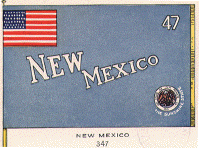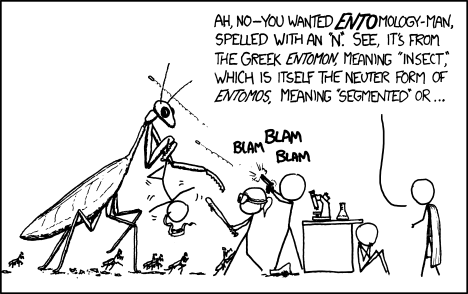The Writer’s Almanac [2004]
It was on this day in 1945 that the United States dropped an atomic bomb on the city of Hiroshima, Japan. It was the first time that a nuclear weapon was ever used in warfare, and only the second time that a nuclear weapon had ever been exploded. The attack led to the end of World War II. The Allies sent a message to Japan on July 26 that said, “We call upon the government of Japan to proclaim now the unconditional surrender of all Japanese armed forces…The alternative for Japan is prompt and utter destruction.” Japan rejected the terms of surrender after one day of debate.
Secretary of War Henry Stimson cabled Truman to ask for permission to use the bomb, and Truman cabled back, “Suggestion approved. Release when ready.” On August 5, the bomb was loaded onto a specially designed B-29 bomber. The bomb was called “Little Boy,” because it was the smaller of two devices that had been made. It contained 2.2 pounds of uranium.
The bomb was dropped over Hiroshima at 8:15 AM. It exploded 1900 feet above the ground. Capt Robert Lewis watched the explosion from his cockpit, and wrote in his journal, “My God, what have we done?”
The temperature on the ground directly under the explosion reached 7200 degrees Fahrenheit. The flames of the explosion traveled seven miles in 30 seconds. The blast of light burned permanent shadows into the sides of buildings and on the ground. Survivors foraging for food in vegetable gardens later that day dug up potatoes that had been baked in the soil. More than three quarters of the city’s buildings were destroyed. About eighty thousand people died instantly, and sixty thousand more would die from their injuries in the coming months. World War II ended slightly more than a week after the bomb was dropped.
The Sun Is Burning Lyrics
Simon & Garfunkel
The sun is burning in the sky
Strands of clouds go slowly drifting by
In the park the lazy breeze
Are joining in the
flowers, among the trees
And the sun burns in the sky
Now the sun is in the West
Little kids go home to take their rest
And the couples in the park
Are holdin’ hands and waitin’ for the dark
And the sun is in the West
Now the sun is sinking low
Children playin’ know it’s time to go
High above a spot appears
A little blossom blooms and then draws near
And the sun is sinking low
Now the sun has come to Earth
Shrouded in a mushroom cloud of death
Death comes in a blinding flash
Of hellish heat and leaves a smear of ash
And the sun has come to Earth
Now the sun has disappeared
All is darkness, anger, pain and fear
Twisted, sightless wrecks of men
Go groping on their knees and cry in pain
And the sun has disappeared


 © Jimmy Chin. Meru Expedition, Garwhal, India.
© Jimmy Chin. Meru Expedition, Garwhal, India.